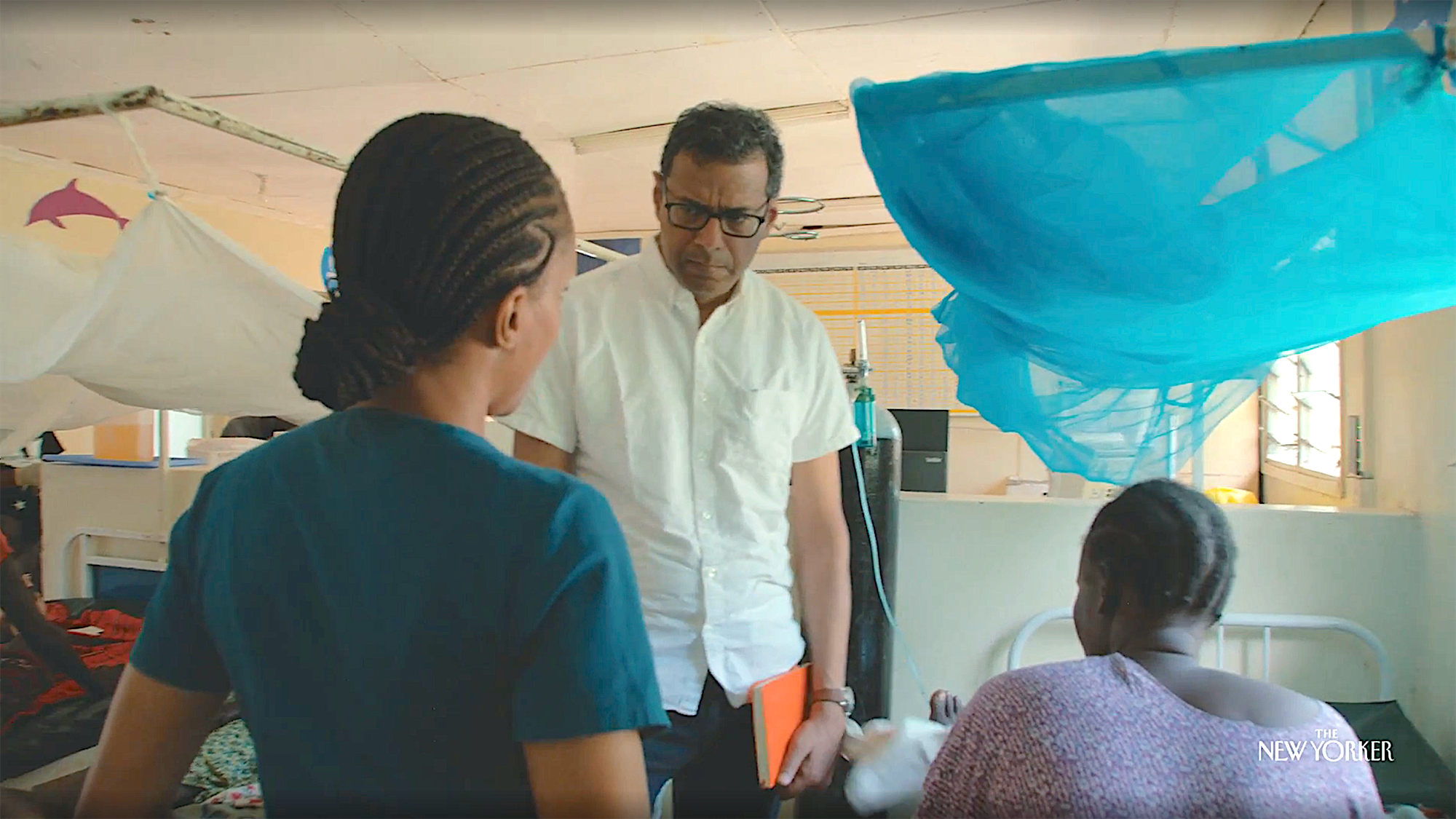Failure of tuberculosis treatment linked to bacterial resilience

For immediate release: December 8, 2022
Boston, MA – Researchers have discovered a new form of altered drug susceptibility—dubbed antibiotic resilience—that enables Mycobacterium tuberculosis (Mtb) to survive antibiotic treatment. The study, led by Harvard T.H. Chan School of Public Health, could help inform future therapeutics and reduce treatment failure in tuberculosis patients.
The study will be published in the Dec. 9 issue of Science.
Tuberculosis (TB) is one of the world’s deadliest infectious diseases. Every year, roughly 10.6 million people fall ill from TB and 1.6 million die. The widespread use of antibiotics has led to an increase in drug-resistant TB, making treatment more difficult. The researchers sought to identify how mutations in the genes of Mtb might enable bacteria to survive antibiotics in patients.
The researchers used a genomic analysis of over 50,000 clinical Mtb strains to identify a new form of antimicrobial resistance. They found a gene, which they called resR, for resilience regulator, that is evolving in Mtb strains in the face of antibiotic pressure. The evolving resR mutants did not have the known form of drug resistance, which is insensitivity to a specific antibiotic. Instead, the bacteria appeared to take advantage of the variations in drug levels that occur in patients between antibiotic doses. After being exposed to antibiotics, the researchers expected that any surviving Mtb would be stunned until the patient took their next dose of drugs. However, the surviving resR mutants were able to quickly recover and start growing again. The researchers referred to this phenotype as antibiotic resilience. Worryingly, the resR mutant bacteria showed faster recovery exposure to every drug tested. The findings further showed that patients who are infected with resilience mutants are significantly more likely to fail treatment.
“Bacterial evolution has an uncanny ability to find the weakest chink in our antibiotic regimens. The TB field has tried to prevent resistance by combining many drugs, but our data suggest that we have not spent enough effort thinking about how frequently drugs are given and how best to minimize the time for bacterial recovery,” said corresponding author Sarah Fortune, John LaPorte Given Professor of Immunology and Infectious Diseases. “While concerning, the findings suggest that we could improve outcomes with more attention to the timing and metabolism of the drugs we give.”
First author was Qingyun Liu. Other Harvard Chan authors included Junhao Zhu, Charles L. Dulberger, Sydney Stanley, Xin Wang, Peter Culviner, Yue J. Liu, Nathan D. Hicks, Gregory H. Babunovic, Samantha R. Giffen, Ethan C. Garner, Eric J. Rubin, and Michael C. Chao.
“Tuberculosis treatment failure associated with evolution of antibiotic resilience,” Qingyun Liu, Junhao Zhu, Charles L. Dulberger, Sydney Stanley, Sean Wilson, Eun Seon Cheung, Xin Wang, Peter Culviner, Yue J. Liu, Nathan D. Hicks, Gregory H. Babunovic, Samantha R. Giffen, Bree B. Aldridge, Ethan C. Garner, Eric J. Rubin, Michael C. Chao, Sarah M. Fortune, Science, Dec. 9, 2022, doi: 10.1126/science.abq2787
The work was supported by the National Institutes of Health (grants P01 AI132130 and RFA-AI-21-065, grant P01 AI143575, and NIH/NIAID grant R01 AI143611-01).
Visit the Harvard Chan School website for the latest news, press releases, and multimedia offerings.
For more information:
Todd Datz
tdatz@hsph.harvard.edu
617.432.8413
Illustration: iStock
###
Harvard T.H. Chan School of Public Health brings together dedicated experts from many disciplines to educate new generations of global health leaders and produce powerful ideas that improve the lives and health of people everywhere. As a community of leading scientists, educators, and students, we work together to take innovative ideas from the laboratory to people’s lives—not only making scientific breakthroughs, but also working to change individual behaviors, public policies, and health care practices. Each year, more than 400 faculty members at Harvard Chan School teach 1,000-plus full-time students from around the world and train thousands more through online and executive education courses. Founded in 1913 as the Harvard-MIT School of Health Officers, the School is recognized as America’s oldest professional training program in public health.


